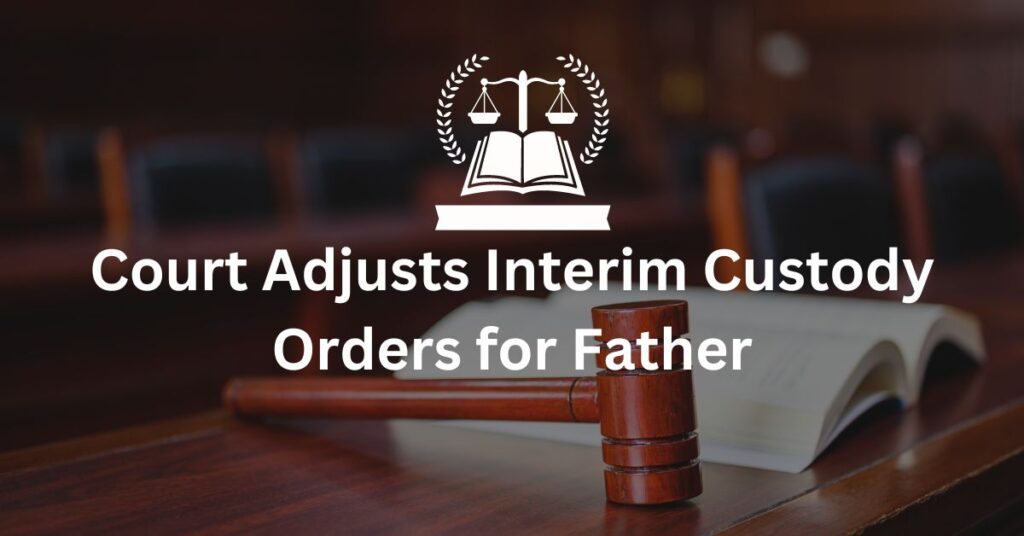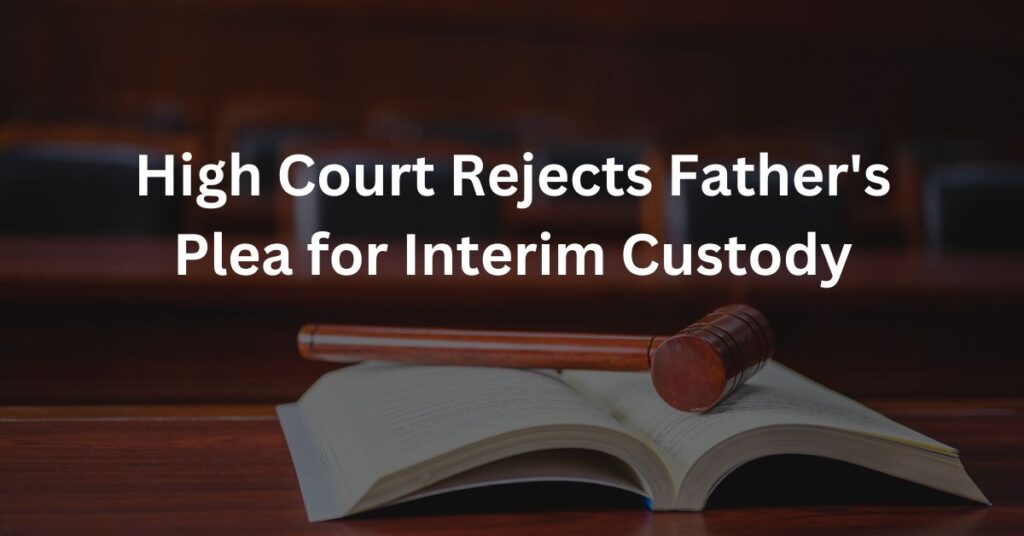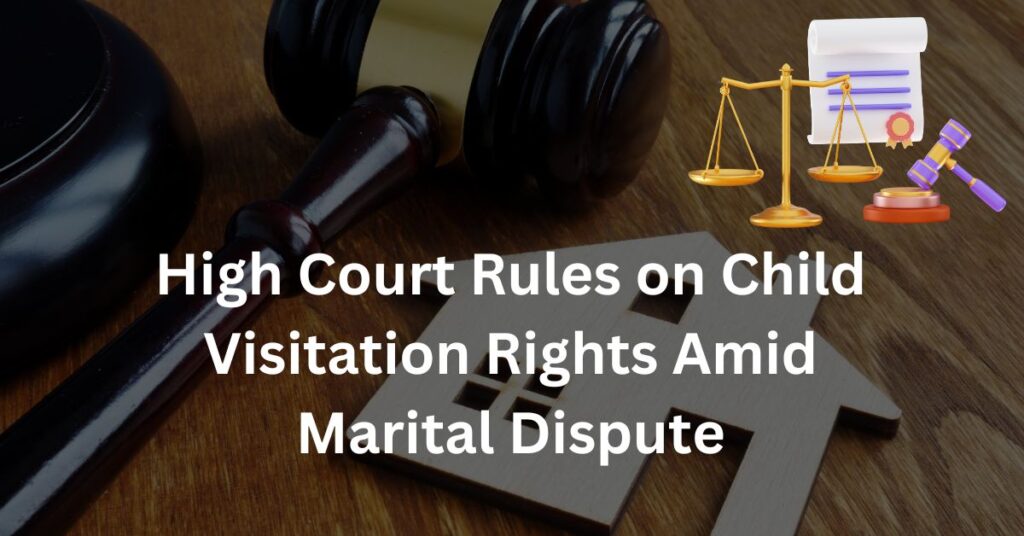Court Adjusts Interim Custody Orders for Father
In a recent decision, the Delhi High Court addressed two appeals concerning the custody arrangements of a minor child. The appeals, filed by the father, challenged previous orders issued by the Family Court, Patiala House Courts, Delhi, dated December 2, 2023, and May 7, 2024. The High Court’s judgment modified certain aspects of the interim custody schedule originally laid out by the Family Court to better suit the father’s ability to interact and bond with his child.
Background and Family Court Orders
The Family Court had established several directives regarding the father’s custody and interaction with his child. Key points from these directives included:
- Interim custody every alternate Sunday from 10:00 AM to 6:00 PM.
- Daily video/voice calls between 8:00 PM and 9:00 PM.
- Interim custody during certain Hindu festivals and school vacations.
- The father’s participation in school activities and progress meetings.
Despite these arrangements, the father sought modifications, particularly concerning the frequency and timing of his custodial periods. He proposed either having custody on both Saturday and Sunday twice a month or custody on all Sundays in a month.
High Court’s Modifications
After considering arguments from both sides, the High Court made the following adjustments:
- Sunday Custody: The father is granted day-custody for three Sundays each month from 10:00 AM to 6:00 PM, altering the previous alternate Sunday arrangement.
- Vacation Custody: During school vacations, the father’s interaction time with the child was extended from the original 12:00 PM – 7:00 PM to 10:00 AM – 8:00 PM, allowing for a more substantial daily interaction period.
Future Considerations
The court also left open the possibility for future modifications to the custody arrangements. The father can approach the Family Court after six months to propose a “joint-parenting plan,” which may include overnight custody if deemed appropriate. The Family Court, in turn, will evaluate the situation, potentially with the assistance of a child psychologist, to ensure the best interests of the child are met.
The judgment underscores the court’s balanced approach in considering the welfare of the child while accommodating the parental rights and bonding opportunities of the father.



